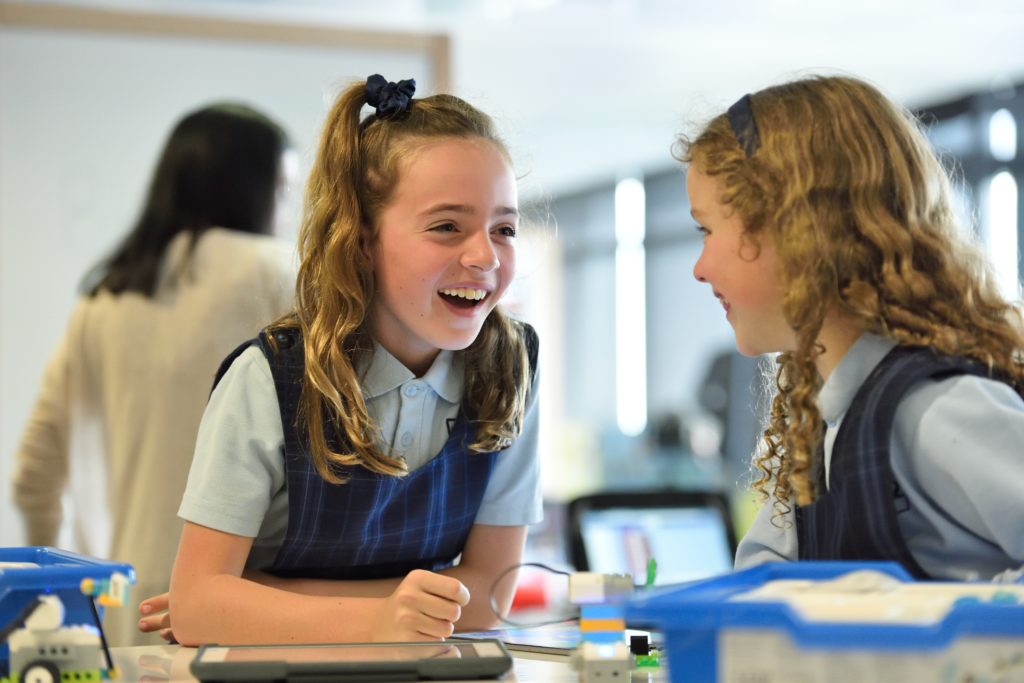Natalie is a 2nd grade teacher in one of Possip’s partner schools. Recently, she talked with our team about parent engagement, and how she got over her fear of being vulnerable with her students’ parents. This is part two of a two part blog. Read Part One here.
At the end of her fourth year of teaching, Natalie transitioned to start teaching second grade at one of Possip’s earliest partner schools. She carried with her what she’d learned during her first several years of teaching about engaging parents and families and building deep, authentic relationships.
Some of the families work part time at the school, and she shared an anecdote from the summer before the school year started as she was prepping her classroom to get ready for students. “One of the coolest first things that happened was when we were setting up our classrooms, there’s a parent who does odd jobs around the building [He’s the father of one of her students.] It was obviously crunch time, and he and another parent both stopped what they were doing and came in and started Cloroxing tables, leveled all our desks. I did not ask, did not have to ask, they already felt so comfortable walking right in,” she said, noting that the help was incredibly welcome.
The small things can make a huge difference — parents helping teachers, teachers helping parents—and it can all have an impact on students. She talked about the little things parents do to volunteer in her classroom. Their help “totally made my life so much easier. [They were doing] small things, like cutting out laminate. They were so willing to help.”
Teachers and parents (and students!) all have competing priorities, and sometimes it’s hard to know how to ask for help. “Up until that point I didn’t want to ask because I didn’t want to look like I couldn’t do it.” She realized that asking for help could be a “bridge builder,” and didn’t have to make it look like she couldn’t handle it.
The families on her campus are engaged — from newsletters to community meetings to a large family committee— but she also loves that Possip allows them to share praise and feedback on a regular basis, not only with her, but with the principal as well. She laughs and says that it’s “great for the parent to tell you that,” but the fact that they also get the opportunity to share the feedback with her boss is an added bonus for a teacher, who can sometimes feel like the day to day work isn’t always visible to people beyond students. But ultimately, it all comes back to the kids and what’s possible when families and schools team up to put the child at the center of the conversation. “When parents and families are really at the heart of it’s just world shattering, it’s monumental, it’s life changing for the teacher, the family, and the kid.”



